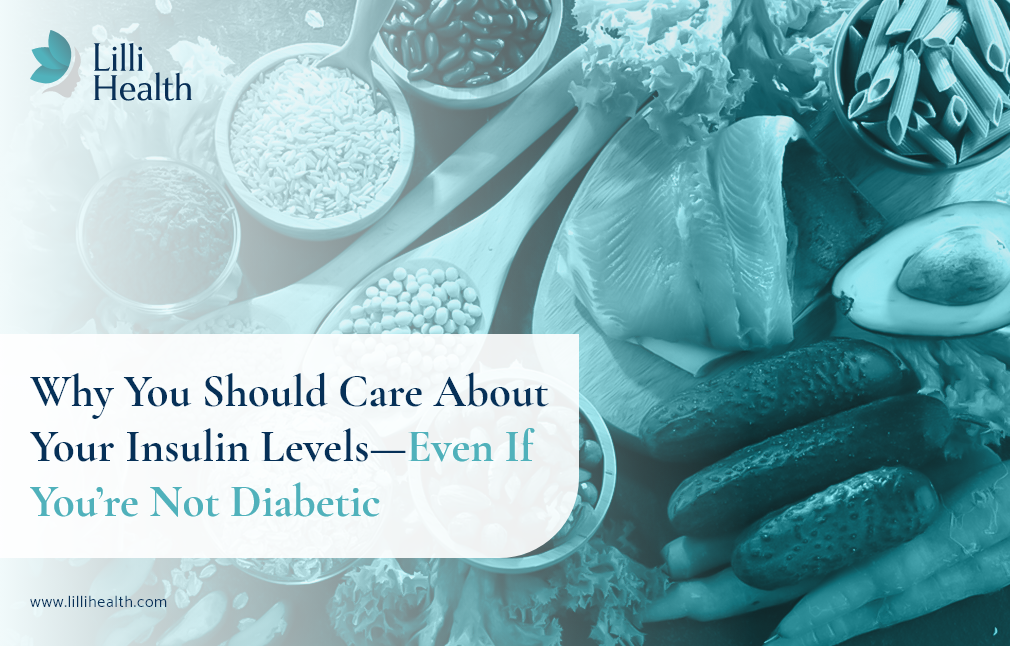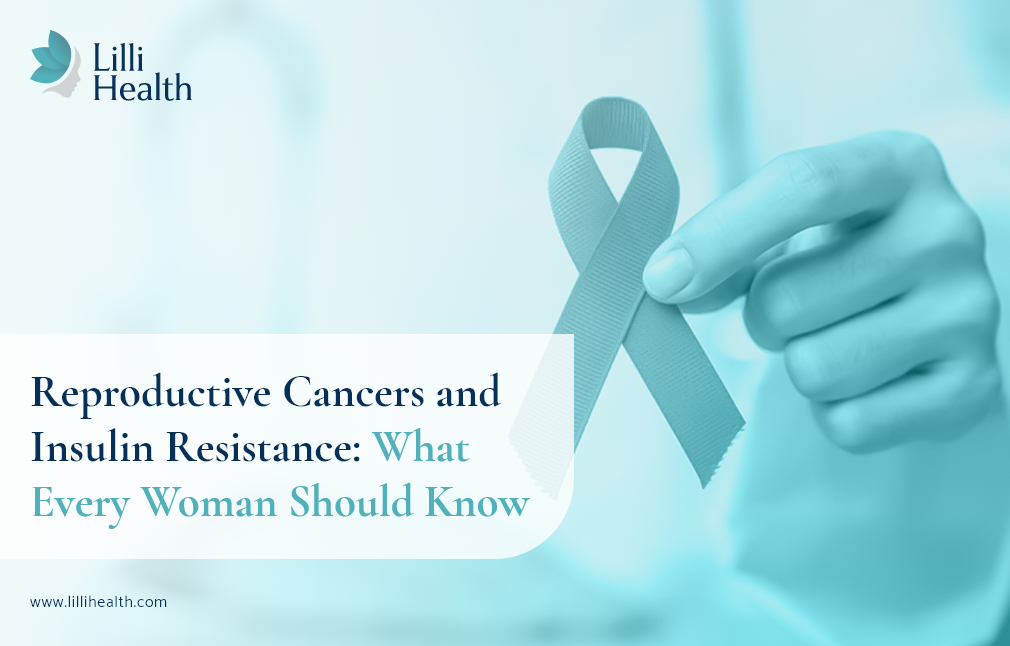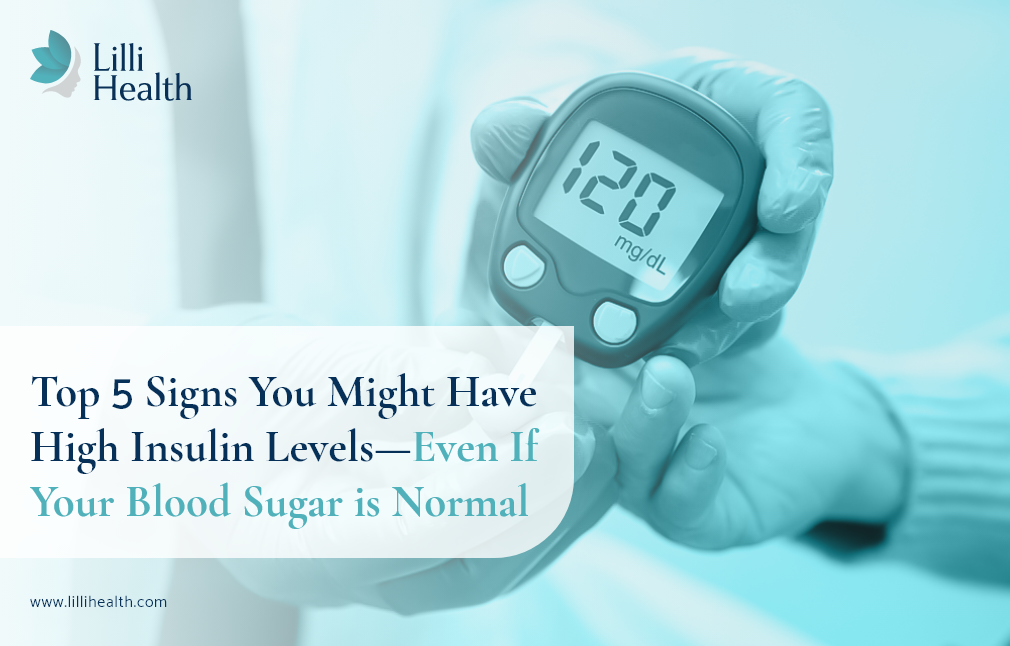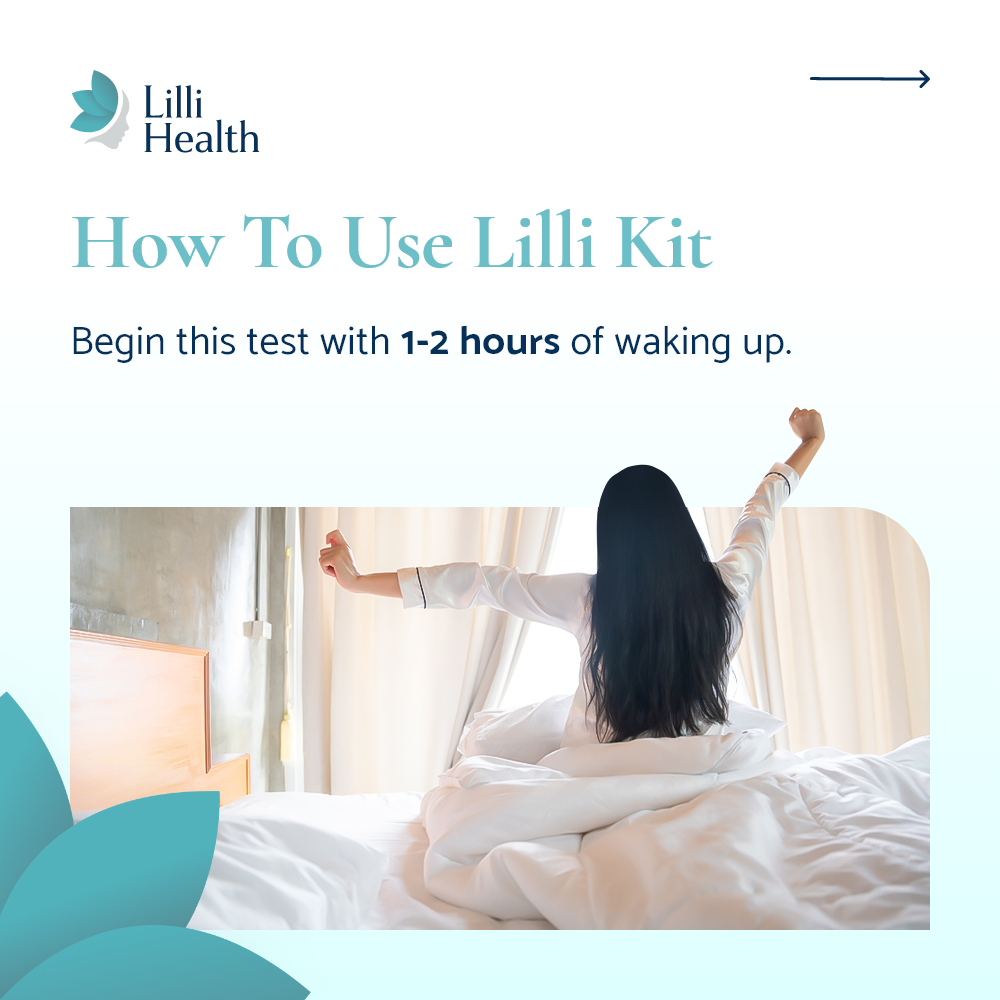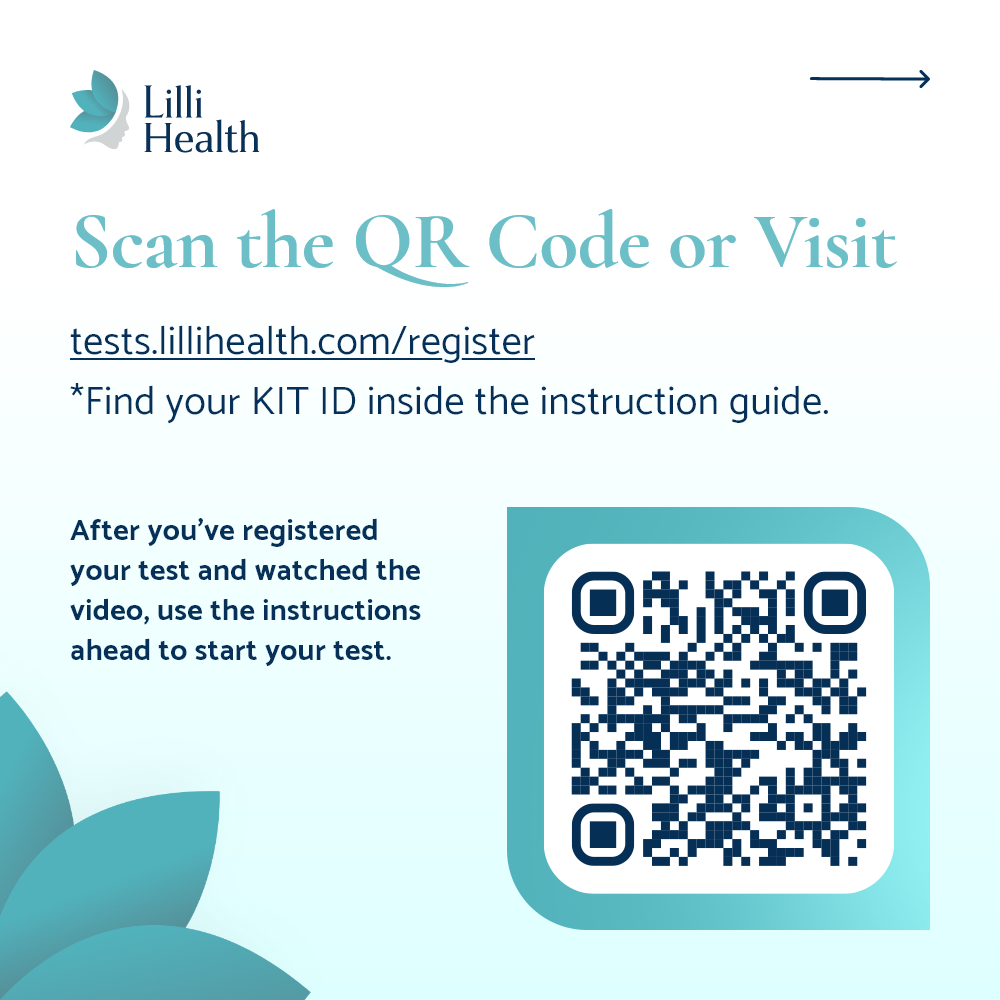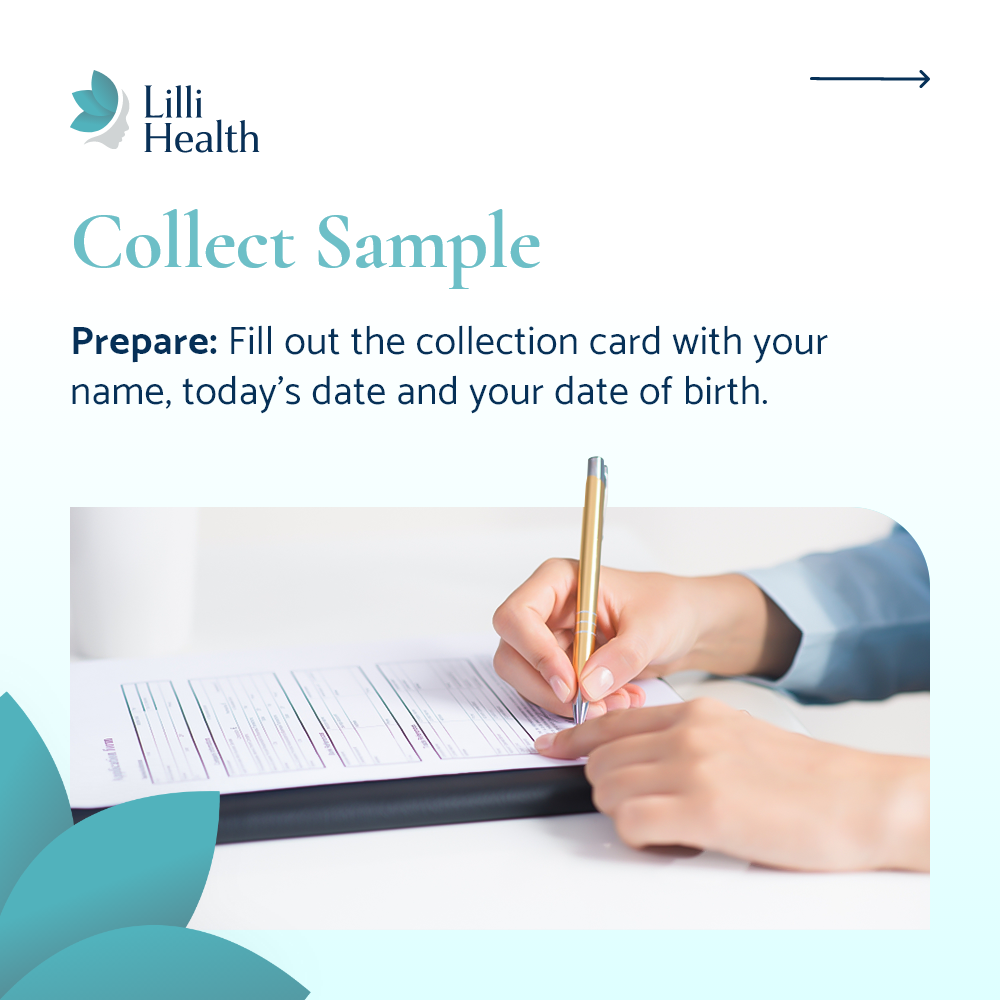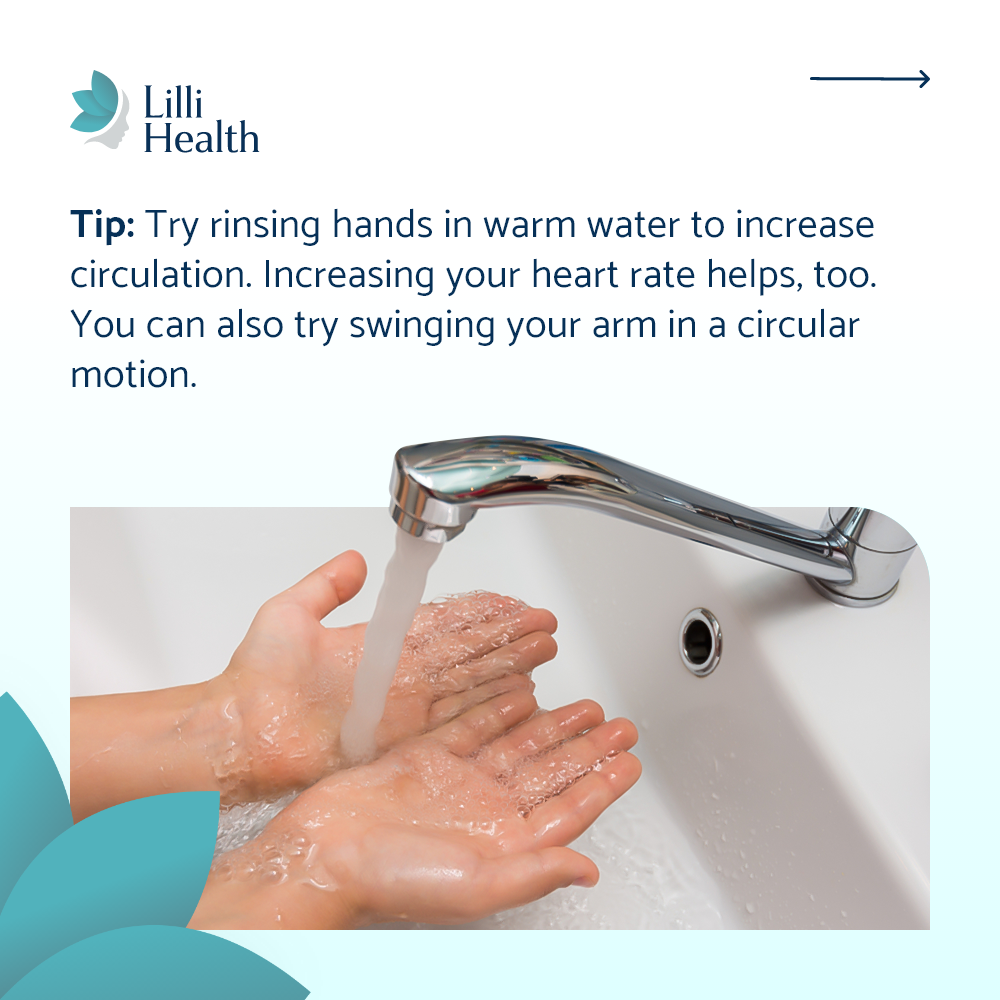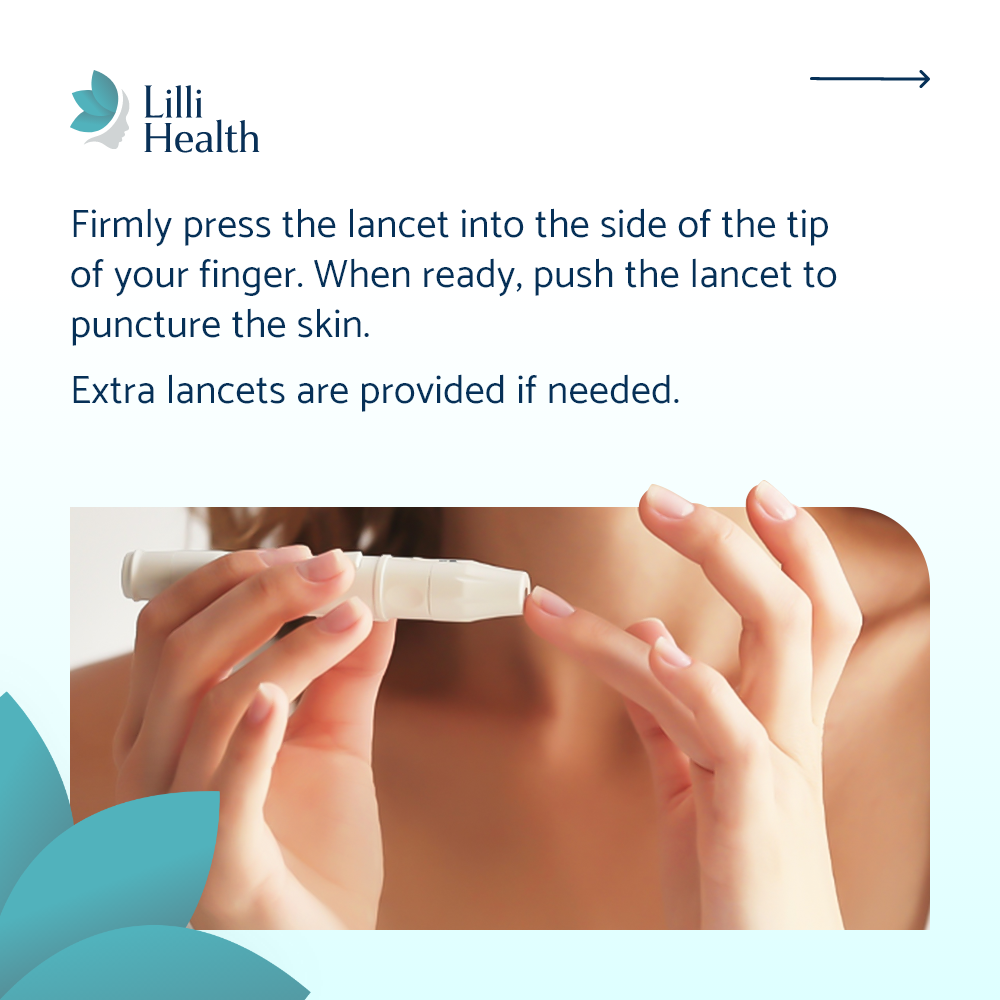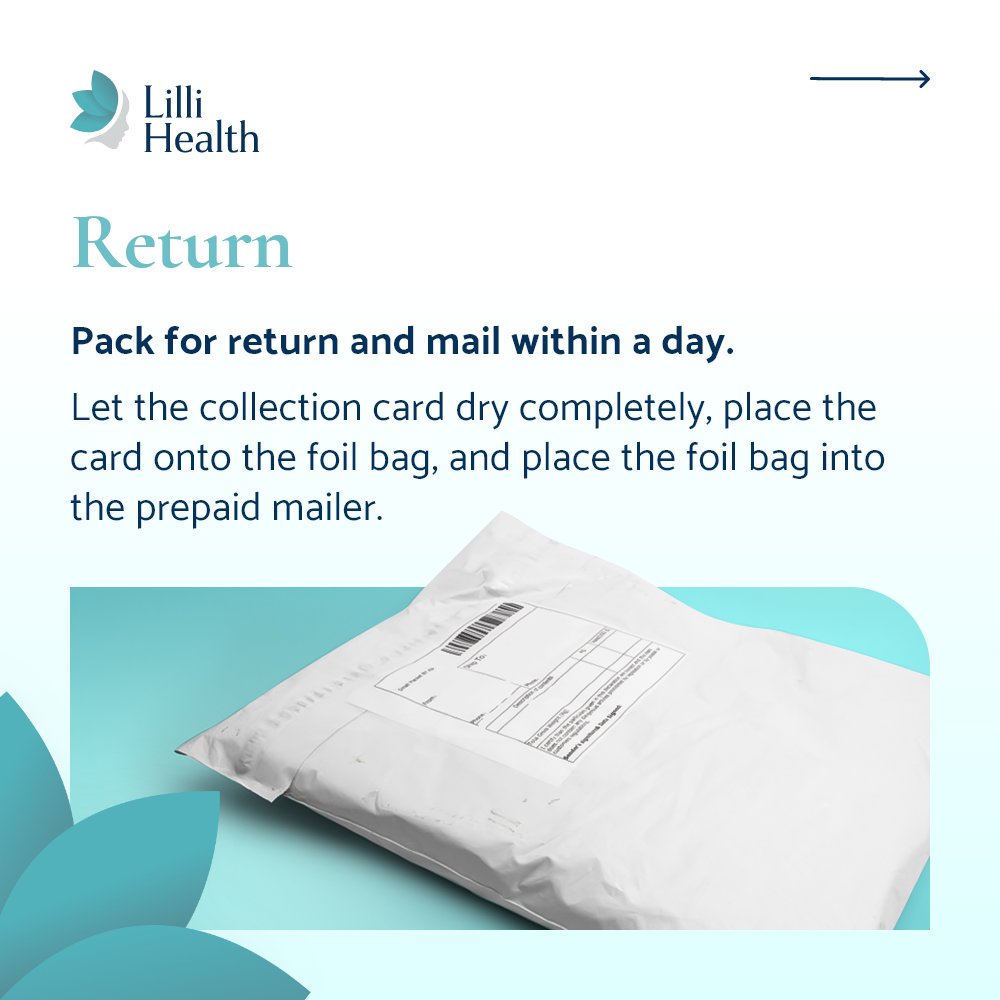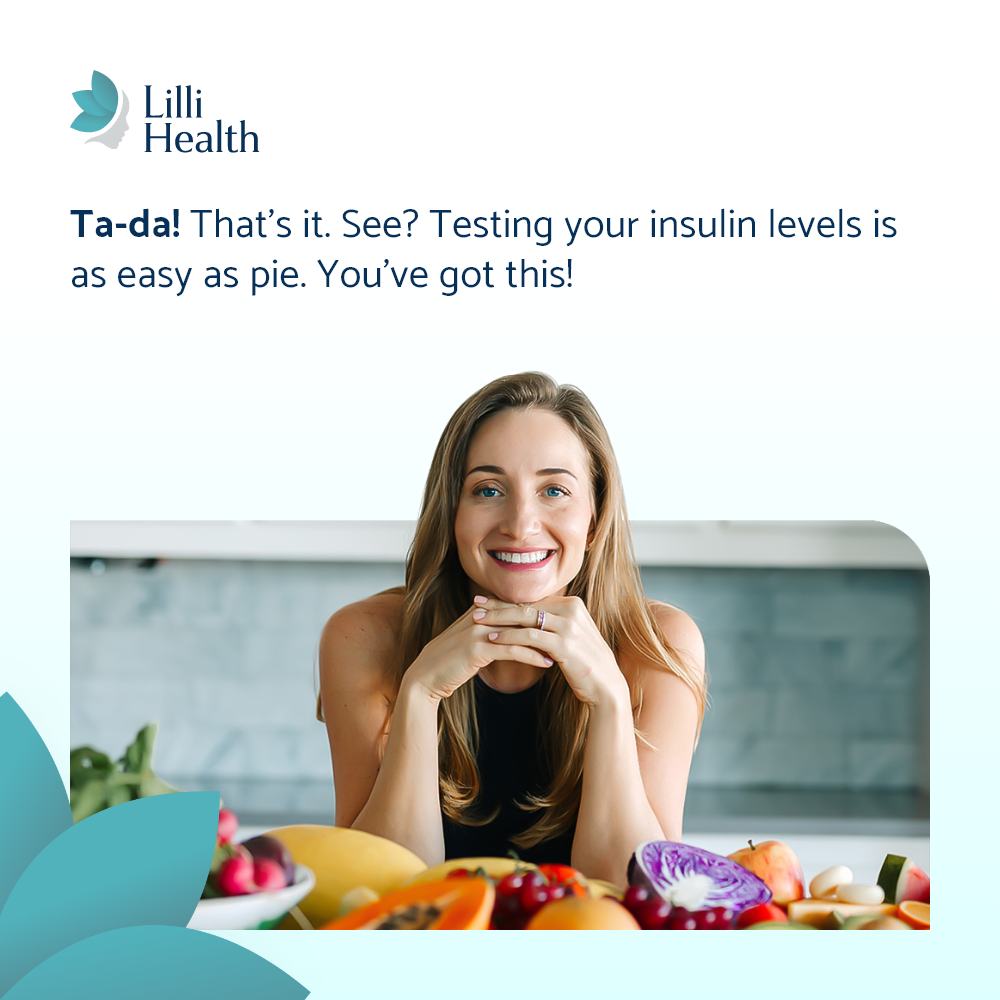

Mental Health and PCOS: Effective Coping Strategies and Support
Dealing with Polycystic Ovary Syndrome (PCOS) is often a journey filled with physical challenges. However, the impact of PCOS on mental health is an aspect that deserves equal attention. In this blog, we’ll delve into the emotional complexities faced by women with PCOS and explore effective strategies for maintaining emotional wellness.
By understanding the link between mental health and PCOS, we can empower ourselves to manage the physical symptoms and the emotional hurdles that accompany this condition. Let’s get started!
PCOS and Insulin: Understanding the Connection
In women with PCOS, there’s a significant link with insulin resistance, a condition where the body doesn’t use insulin effectively.
This often leads to higher levels of insulin, which in turn can exacerbate various PCOS symptoms. Elevated insulin levels can increase androgens (male hormones), leading to common PCOS issues like irregular menstrual cycles, acne, and excess hair growth.
This insulin imbalance is frequently associated with weight gain and can make PCOS and weight management more challenging. Therefore, addressing and managing insulin levels through lifestyle and dietary adjustments is critical to managing PCOS symptoms and enhancing overall health and well-being.
Understanding the Impact of Mental Health with PCOS
Many women with PCOS find themselves grappling with feelings of anxiety or experiencing bouts of depression, and this isn’t a coincidence. Studies show that about 40% of patients with mood disorders are insulin resistant.
Insulin resistance influences mental health, which often manifests as mood fluctuations and anxiety. Therefore, effectively managing insulin levels is a crucial strategy to address physical symptoms of PCOS and significantly improve mental health and emotional well-being.
5 Practical Coping Strategies for Mental Health and PCOS
Navigating through the challenges of PCOS and mental health requires a multifaceted approach. Making lifestyle changes focused on lowering insulin levels can significantly help with PCOS management. Here are some practical strategies to follow:
1. Follow a Low Insulin PCOS diet
Adapting your diet to eating foods that don’t spike your insulin levels can have a positive impact on both PCOS and mental health. Focus on foods high in fiber, such as non-starchy vegetables, whole fruits, nuts, and lean proteins. These foods help maintain stable insulin levels, which can reduce PCOS symptoms and improve mood.
Remember, a well-balanced diet is less about restricting yourself and more about creating a sustainable, long-term eating plan that keeps your insulin levels balanced and supports your health goals. For more information on which foods will help you manage your insulin levels, visit our “PCOS Diet: Top Foods That Lower Insulin Levels” blog, or check out our free nutrition guide!
2. Engage in regular exercise
Understanding the role of PCOS and Exercise is crucial. Exercise is an excellent method to elevate your mood and effectively manage PCOS symptoms. Engaging in activities like walking, yoga, strength training, or any moderate exercise can significantly reduce insulin resistance, assist in weight management, and stimulate the release of endorphins.
The key here is to find a physical activity you enjoy, focus on consistency, and not worry about calories burned.
3. Practice mindfulness for PCOS
Mindfulness and meditation can help manage stress and anxiety associated with PCOS effectively. These practices cultivate a sense of calm and can improve your ability to handle emotional ups and downs.
Even a few minutes of mindfulness or meditation each day can significantly improve your mental clarity and emotional resilience.
4. Seek community support
Connecting with others who understand what you’re going through can be incredibly comforting. Look for PCOS support groups, online communities, or local gatherings where you can share experiences, tips, and encouragement. Knowing you’re not alone in your journey can be a substantial emotional uplift.
5. Talk to a professional
Talking to a professional can sometimes provide the support and guidance you need. Therapists or counsellors, especially those familiar with PCOS, can help develop tailored coping strategies to manage your stress, anxiety, and depression. Remember, seeking help is a sign of strength, not weakness.
Self-Care and PCOS: Embrace a Low Insulin Lifestyle
Embracing a Low Insulin Lifestyle is a powerful step to managing PCOS and improving your overall health effectively. This approach balances your insulin levels through smart diet and lifestyle choices, leading to fewer PCOS symptoms and better emotional well-being.
It’s a positive change that offers long-term benefits, empowering you to take charge of your health.
To further support your journey, consider using Lilli Kits for convenient at-home insulin testing. These kits enable you to accurately monitor your insulin levels, offering crucial insights that can help you refine your Low Insulin Lifestyle for even better health outcomes.
If you’re looking for more insights on how to effectively manage your PCOS symptoms and mental health, read our book, “A Low Insulin Lifestyle” by Dr. Ali Chappell. This comprehensive guide is filled with science-backed strategies, giving you the tools for better PCOS management.
Remember, your journey with PCOS is unique, but you’re not alone. At Lilli Health, we’re committed to empowering women with PCOS by offering a suite of comprehensive tools and educational resources, designed to support you every step of the way on your journey to managing PCOS with confidence. By embracing a Low Insulin Lifestyle, you’re choosing to empower yourself with knowledge and action. Start this transformative journey today and step into a healthier, more vibrant version of you!
